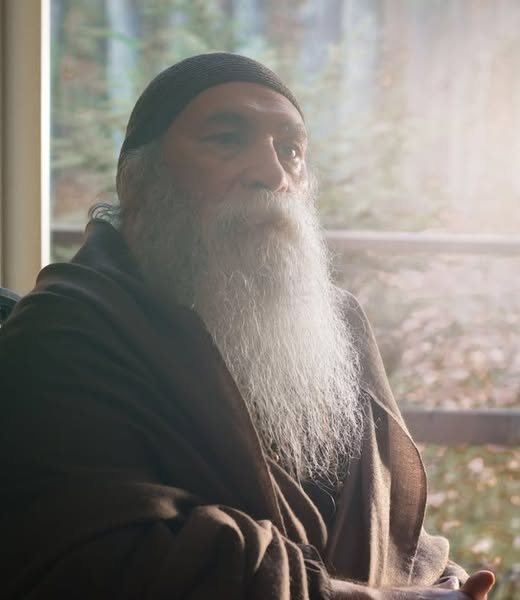“Among the experiences that shape the inner life of human beings, there is one that reveals with singular intensity the ontological measure of their condition: love. However, it is rarely understood in its essential structure. It is often reduced, conditioned, limited, or circumscribed to a particular figure: a face, a bond, a concrete presence. In this way, love is denatured and confused with emotional dependence, thus losing its highest dignity. Authentic love does not arise because of another, nor does it cease in their absence. It does not originate in the relationship, although it may be expressed in it; nor is it limited to a pact between wills, for it constitutes an original radiation of being itself.
“It is not the soul that loves something external, it is the soul itself, when it has become beautiful, that loves in its fullness.” (Enneads, VI, 9, 9)
Loving is not an outward action; it is a way of being in the world. Genuine love does not require an external recipient to unfold; it springs from the soul when it has attained a form of inner freedom that allows it to manifest itself as an expression of itself. Just as fire radiates heat and flowers exude their fragrance, the soul—when purified of its fixations—emanates love as its own atmosphere. Just as breathing does not depend on the presence of another, true love does not need an external cause to sustain itself. Wherever you are, whoever you are with, or even in absolute solitude, love must continue to be your natural state.
The suffering that appears in many relationships does not stem from a supposed failure of love, but from its conceptual and existential reduction. It is confused with appropriation, with exclusivity, with demands. Attempts are made to compress its breadth into the narrow forms of possessive desire. But love cannot be contained: it is unfathomable. The more it is held back, the more it fades away. It is not a transitory emotion, but the stable radiance of a life that has learned to remain open.
Rumi writes:
“Don’t worry about whom to love. Be love. That is the real happiness.”
Loving, therefore, is not a response provoked by circumstantial stimuli, but an inner disposition that remains. If love does not calculate, does not expect or demand; if it is offered as a gift and not as an exchange, then it springs from the very source of being. Do not ask yourself whom you should love; ask yourself about the loving disposition of your soul. Do not measure the dignity of others as a condition of your devotion; examine whether your inner self is in a state of hospitality.
Love tenderly those who have been entrusted to you, patiently those who depend on you, gratefully those who accompany you, respectfully those you do not know, reverently all that lives. Love the silence of the trees, the constancy of the sea, the inexhaustible vastness of the sky. Love not because the other deserves it, but because living is already a form of gratitude, and loving is the natural breath of a soul that has learned to remain awake.
Søren Kierkegaard in “Works of Love” says:
“Love is the foundation of everything. He who does not love, even if he possesses everything else, is nothing.”
Those who love from the center of their identity need no witnesses or confirmation. Their love does not depend on an external gaze, because it has become the very expression of their way of inhabiting the world. Their existence is testimony, even if it is not proclaimed. And the more the silent radiance of their presence spreads, the vaster the horizon of their consciousness becomes. Love is not retained or lost; it is actualized to the extent that the being has allowed itself to blossom without conditions or reservations.”
Prabhuji




